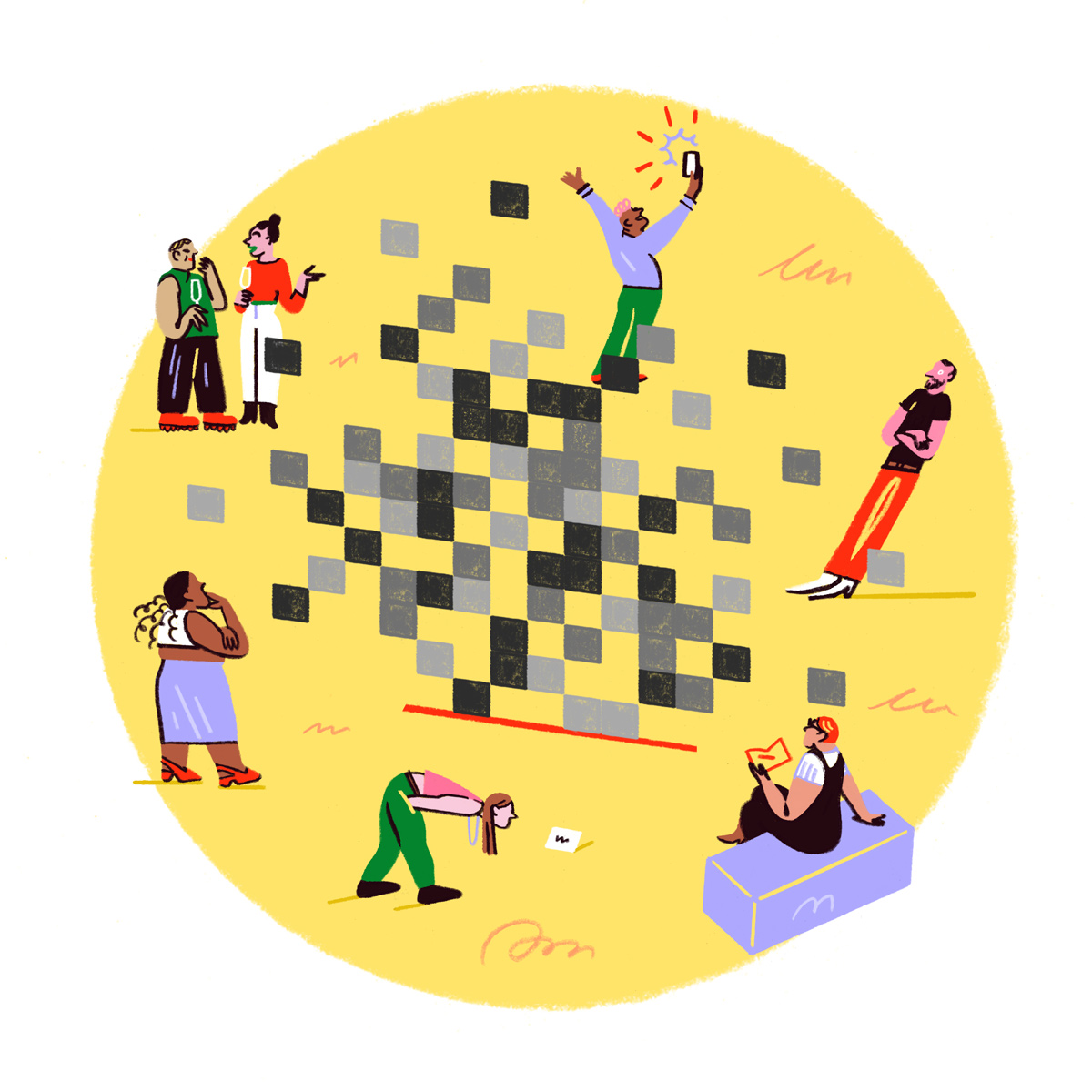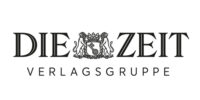
Is it art or is it a pixel?
Written by
How to make art tangible in a virtual world
The pandemic has been a tumultuous time for the art world. New technologies, such as NFTs (non-fungible tokens) experienced a surge in prices and sales, while local galleries and independent artists were struggling to connect to their clientele amidst lockdowns and social distancing orders. Against the odds, Young Entrepreneurs in Science alumna and art historian from Tübingen, Gaia Schlegel, decided to fulfil her dream of an online art gallery with her business Kunstkennerey, which launched on 1 September 2021.
Do you think that art can have a similar impact in the digital sphere like in the physical sphere?
When it comes to potential buyers, I think there is a great difference between looking at an artwork in the real world as opposed to in the digital sphere. That is a challenge. I feel that it is harder to motivate potential buyers to make spontaneous purchases online. They rather follow artists on social media for longer periods of time until they decide. In the real world, they might just walk by the gallery window and see an artwork and think: “I want this”.
How do you take on this challenge with your business?
I am combining the digital art trade with the traditional customer services of an art gallery. Consultancy and expertise are key. If you want to be inspired and are looking for an object that fits your furniture, you need guidance. Many people inquired at the gallery during lockdown, looking for ways to embellish their homes and zoom backgrounds. The pandemic showed us that people in fact need art – and that they get overwhelmed with the vast number of objects to choose from online. Same goes for artists who are struggling to sell their works on big art trading platforms. I soon realised that was the point where I wanted to start.
How do you select the artists you are working with?
First and foremost, the stock of the Kunstkennerey represents my personal taste and passion as the gallery owner. Besides, contemporary abstract art is very popular among many people of my generation – figurative art and landscape painting less so. The traditional art market is focused on the big names in art history. Art history was written by men for a specific audience. I think this is too narrow of an angle. I aim to appeal to a younger generation of buyers, to help shape a more diverse future generation of collectors. Contemporary art allows me to do just that. When it comes to selecting artwork, the quality of the composition and material are important criteria as well.
Did you have any outside support to start your business?
There was no external financial help, and that was okay for me. It has been a dream of mine to start an online gallery, and I have been I saving up for it. A big support for me was discussing my ideas with my husband and my mentor, and participating in the Young Entrepreneurs in Science workshop. It was difficult, however, to seek out professional business advice at university institutions, since entrepreneurship is rather uncommon at humanities departments.
How has the workshop experience helped you?
It felt like the right place at the right time. The idea for the business was already on my mind, but I never had the opportunity to make those ideas tangible. The workshop was a catalyst. I learned that it is actually quite easy to found a business. It only took me one month after participating in the workshop. A helpful lesson I took away was learning about how to structure a pitch, which benefitted me when I presented my business to artists.
What is in store for the future of Kunstkennerey?
I think that the blockchain technology has a lot of potential for artists. Some of the artists I work with expressed interest in working with NFTs. One makes his sketches in Windows Paint and then translates them onto canvas. Another artist works with digital media to design her artworks. They are already working in-between the digital and physical sphere. I would also like to extend my portfolio with sculptors. This will become more likely within the next year or two, as I will take over a physical art gallery. This will allow me to generate interest via the online space and enable my clients to engage with the physical objects of their interest •







